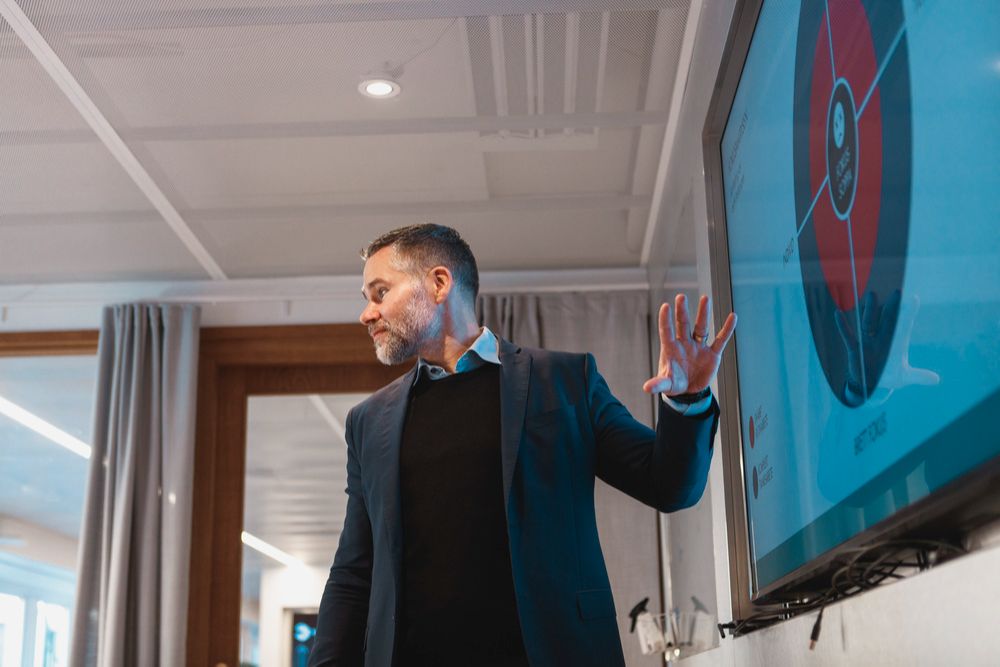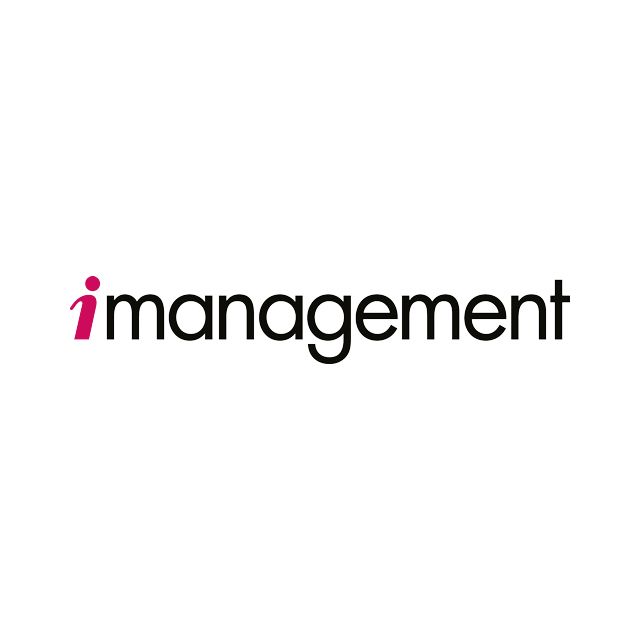
Brain Based Ways Of Working
The Way of Working for Our Modern World
Does this sound familiar?
Our traditional ways of leading and collaborating aren’t designed for how the brain works in today’s digital, fast-paced, and always-connected world. That’s the old way.
Traditional work methods lead to:
- Distraction, fragmentation, and mental fatigue
- Ineffective communication, silos, and isolation
- Reactivity, stress, and constant firefighting
- Information overload and duplicated effort
Brain-Based Ways of Working is about creating work practices that align with how the brain actually functions.
Instead of constantly pushing through at an unsustainable pace, it’s about finding a rhythm where the brain can stay focused, productive, and creative, with energy that lasts all day.
By combining insights from neuroscience with the smart use of digital tools, we build work environments where people think clearly, perform at their best, and collaborate effectively - without sacrificing well-being.
👉 During this Masterclass, you’ll discover how Brain-Based Ways of Working functions in practice and how you can start applying it within your own team or organization.
You’ll walk away with:
- A clear framework for quickly analyzing your current ways of working and identifying the root causes of inefficiency
- A step-by-step process for developing sustainable, long-term performance
- A checklist of the most common pitfalls leaders and organizations fall into — and how to avoid them
Who is this for?
You’re a leader or middle manager in a larger organization who wants to develop effective ways of working - supported by a cutting-edge methodology that actually works.
You’re looking for concrete and sustainable change, aiming to strengthen performance while reducing stress.
At the same time, you want to be a role model as a leader, someone who contributes energy, fosters collective efficiency, and uses digital tools as enablers rather than obstacles.
3 Common Challenges
Mental Overload
There’s a clear risk of overload and hyperactivity in our world, where information constantly floods our minds. The pace of collaboration keeps increasing, and we frequently switch focus while making endless decisions.
More freedom, more stakeholders, and greater complexity all add pressure on the brain.
We need a way of working that helps us set clearer boundaries and consciously shift focus - to avoid falling into mental overload.
Reactive Ways of Working
It’s easy for your planned work to be pushed aside by events that arise through collaboration with others. Getting caught in a spiral of endless meetings, emails, and chat messages leads to constant interruptions, too little time for focus, and an ever-growing to-do list.
A reactive way of working lowers our creativity and intrinsic motivation. Over time, collaboration loses engagement and trust within the team begins to decline.
Lack of Human Connection
In a hybrid work environment, where we alternate between digital communication and in-person meetings, the risk of weaker social bonds and declining relationships increases.
A sense of loneliness leads to lower individual performance, reduced belonging, and weaker teams.
In a world of increasingly complex tasks where innovation and problem-solving are key - we need ways of working that actively foster collaboration, even in a hybrid environment.
Jerker Davidsson
For over 15 years, Jerker Davidsson has helped some of Sweden’s largest organizations develop sustainable and effective ways of working.
With a background as a civil engineer and extensive experience in change management, behavioral development, and health measurement, he brings a unique understanding of how we function as individuals, teams, and organizations.
His deep interest in how the brain works - and how we can perform sustainably and effectively in a modern, digitalized world - is reflected in everything he does.
Save my seat!


